Publications
Articles, publications, books, tools and multimedia features from the U.S. Institute of Peace provide the latest news, analysis, research findings, practitioner guides and reports, all related to the conflict zones and issues that are at the center of the Institute’s work to prevent and reduce violent conflict.

Leanne Erdberg on the Psychology Behind Terrorism
Nearly 20 years after 9/11, determining the profile of someone who is going to join a terrorist group remains a deeply challenging effort. For too long we have looked at simple explanations— like poverty or lack of education—for why people join violent movements. Erdberg discusses a new project to investigate the psychology and neuroscience that motivates people to resort to extremism.
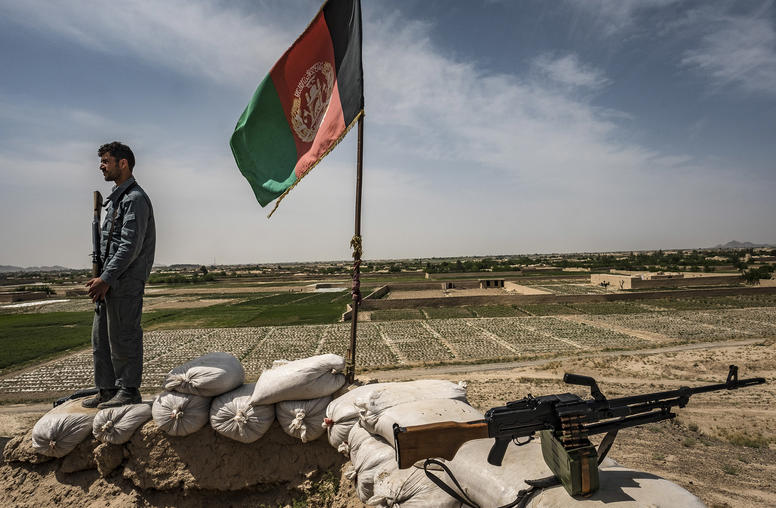
Afghanistan Cannot Afford Another Government Breakdown
Afghanistan is on uncertain terrain this year. Along with scheduled presidential and other elections and a nascent peace process, the possibility of withdrawal of international troops, worsening security, and an economic downturn loom heavily over the country. In this critical moment, government failure would make peace and political stability even harder to achieve let alone sustain. How can basic government functioning be maintained during this challenging period?
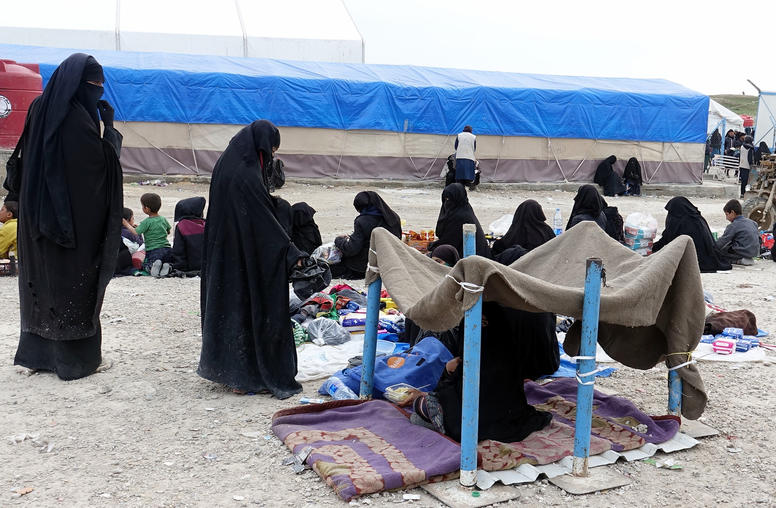
A Visit to Post-ISIS Syria: Human Crises Pose Risk
After losing its last territory in Syria on March 23, 2019, the Islamic State quickly reclaimed global attention with the Easter bombings in Sri Lanka on April 21 and a video tape of its reclusive leader, Abu Bakr al-Baghdadi, on April 29. The jihadi movement is now shifting focus to its ISIS branches, or “provinces,” in Africa, Asia and Europe. Baghdadi signaled ISIS’s expansion by formally embracing two Sunni extremist groups in Mali and Burkina Faso. But the Islamic State’s human core—more than 100,000 fighters and their families, including children—remains clustered in the rubble of its former “caliphate” in both Syria and Iraq. In Syria, they are detained in makeshift prisons, a hospital and refugee-style camps in the desert of northeastern Syria. USIP Senior Fellow Robin Wright made a rare tour of northeastern Syria to interview men and women who were part of the ISIS caliphate and to assess the risks posed by the post-caliphate crisis.
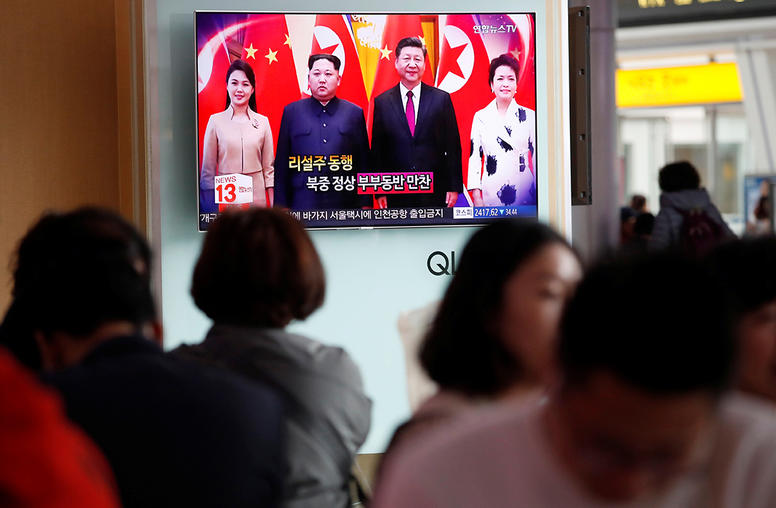
China’s Role in North Korea Nuclear and Peace Negotiations
This is the second in the Senior Study Group (SSG) series of USIP reports examining China’s influence on conflicts around the world. A group of fifteen experts met from September to December 2018 to assess China’s interests and influence in bringing about a durable settlement of the North Korean nuclear crisis. This report provides recommendations for the United States to assume a more effective role in shaping the future of North Korea in light of China’s role and interests. Unless otherwise sourced, all observations and conclusions are those of SSG members.
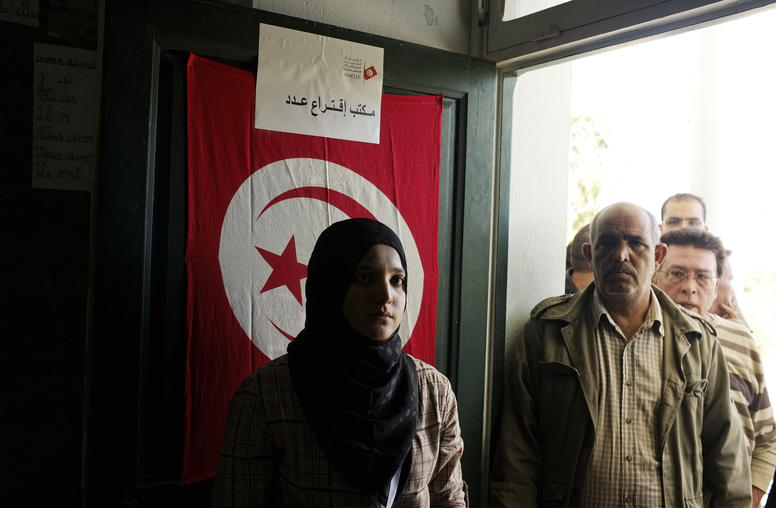
Amid North Africa’s Turmoil, Tunisia’s Steady Transition Moves Forward
From Algeria to Libya to Sudan, North Africa has been roiled by protests and fighting in recent months not seen since the 2011 Arab uprisings. Those uprisings were sparked in Tunisia, which has continued a steady, if uneven, democratic transition in the years since. Despite the challenges posed by this regional turmoil, the small Mediterranean nation must continue to focus on domestic problems, said Tunisia’s defense minister, Abdelkarim Zbidi, this week at the U.S. Institute of Peace. What happens in Tunisia in the years to come will be important for the entire region.

Thomas Hill on the Upheaval in North Africa
From Algeria to Libya and beyond, North Africa has been roiled by unrest in recent months. USIP’s Thomas Hill says at its core this turmoil is the result of “governments having not performed to the degree that they [the people] want or need them to” and discusses how it impacts U.S. interests.
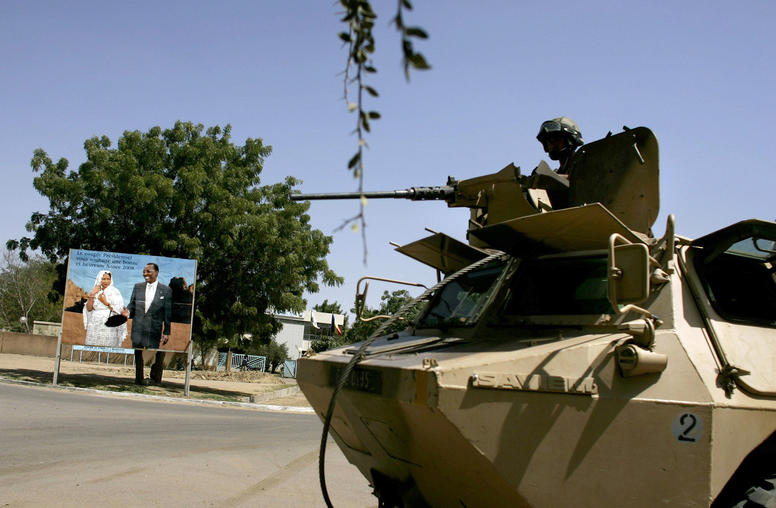
Chad, and Darfur, After Bashir
The politics of the Central African nation of Chad are closely connected with those of Sudan, most prominently because of Darfur, the vast and troubled Sudanese region which borders Chad to the east. The recent fall of Sudan’s president Omar al-Bashir—in power since 1989—raises questions about the future of Chad’s president and U.S. ally, Idriss Déby, beset by similar governance challenges and in power since 1990. Jérôme Tubiana, co-author of a 2017 USIP report on Chad, and USIP’s Aly Verjee discuss the implications of political change in Sudan for Chad.
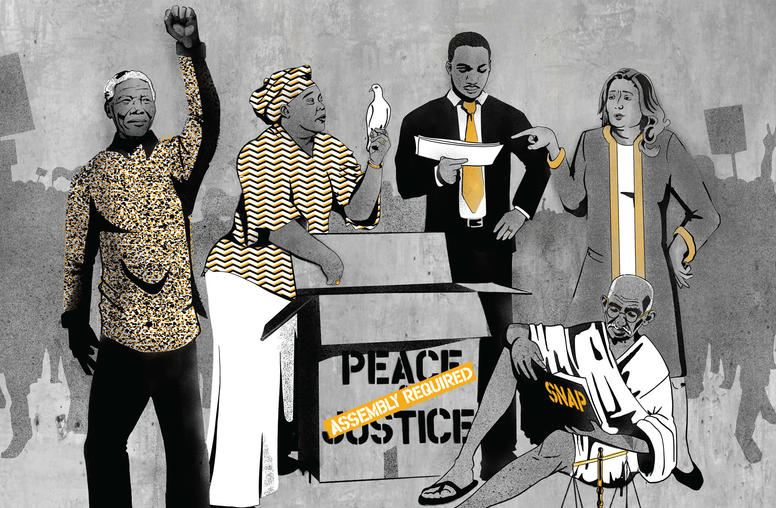
SNAP: Synergizing Nonviolent Action and Peacebuilding
This action guide seeks to build bridges between peacebuilding and nonviolent action practitioners so that methods are used strategically and effectively on the path toward conflict transformation. It shows how dialogue, direct-action skills, and approaches can be synergized to advance justice and sustainable peace. This guide is for trainers, facilitators, and other practitioners serving the many organizers, activists, mediators, negotiators, and peacebuilders who want to learn more about how to integrate nonviolent action and peacebuilding strategies in their work.
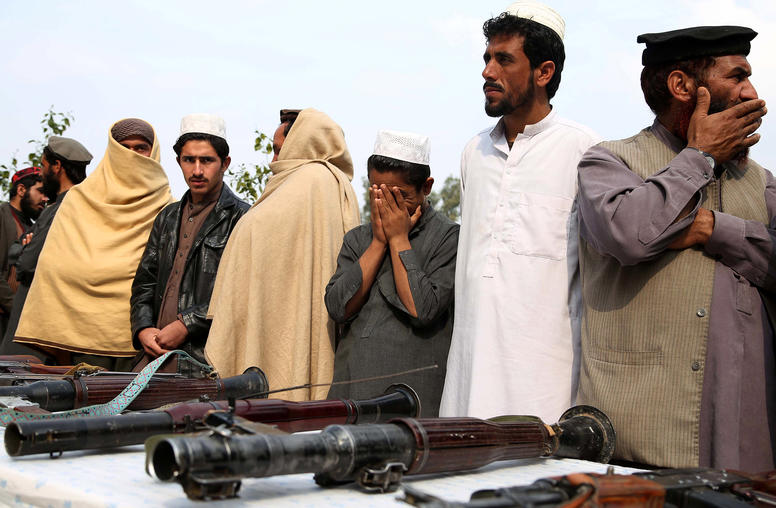
Options for Reintegrating Taliban Fighters in an Afghan Peace Process
A central issue for Afghanistan in achieving stability is making long-lasting peace with the Taliban. The success of any such agreement will depend in large part on whether Taliban commanders and fighters can assume new roles in Afghan politics, the security forces, or civilian life. This report explores that question, drawing on lessons from how similar situations unfolded in Burundi, Tajikistan, and Nepal.
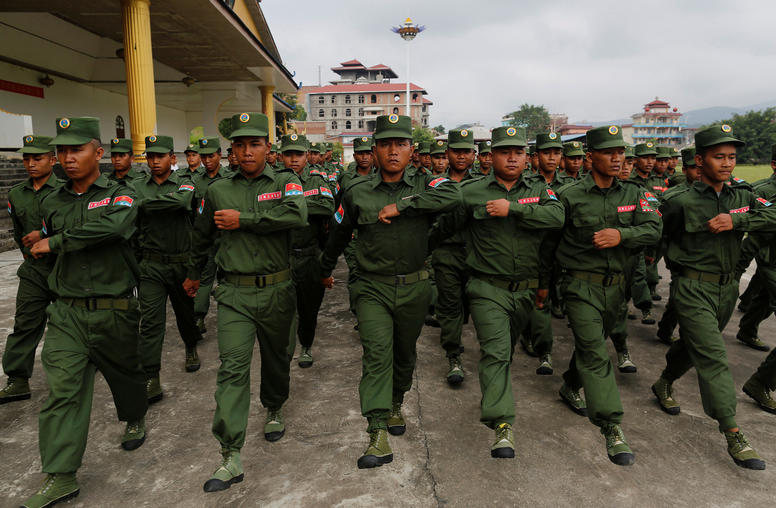
The United Wa State Army and Burma’s Peace Process
The United Wa State Army, a force of some twenty-thousand fighters, is the largest of Burma’s ethnic armed organizations. It is also the best equipped, boasting modern and sophisticated Chinese weaponry, and operates a formidable drug empire in the Golden Triangle region. This report examines the history of the Wa people, the United Wa State Army’s long-standing political and military ties to China, and the Wa’s role in Burma’s fragile peace process.